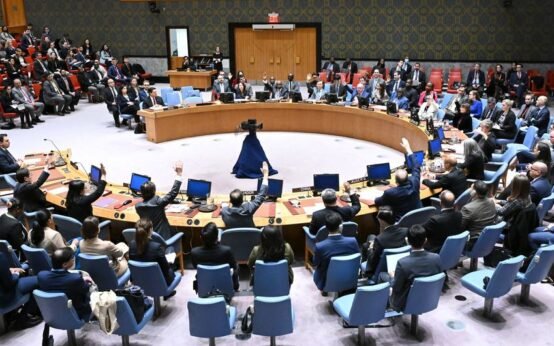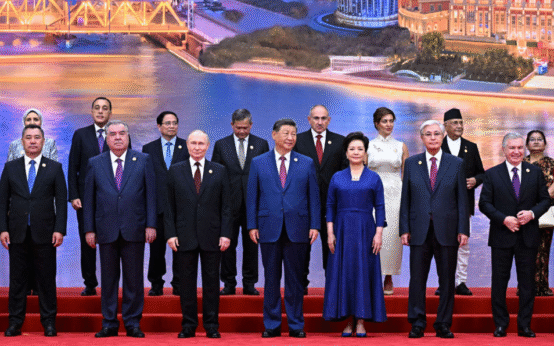Uganda has announced that it has reached a conditional agreement with the United States to host migrants, a move that could reshape how the East African nation manages its role as one of the largest refugee-receiving countries in the world. The deal, which was confirmed by Ugandan officials this week, is still in its early stages, with Kampala stressing that the agreement will only move forward if it fully respects Uganda’s sovereignty and legal frameworks.
Uganda’s refugee policy and its global reputation
Uganda is already home to more than 1.5 million refugees, most of them fleeing conflicts in South Sudan, the Democratic Republic of Congo, Somalia, and other neighboring states. Over the years, the country has earned international praise for its relatively open refugee policy.

Unlike many nations that restrict refugee movement, Uganda allows displaced people to work, farm, and access education and healthcare.
This humanitarian reputation is part of what made Kampala an attractive partner for Washington, which has been seeking solutions to manage rising migrant pressures across the globe.
U.S. officials have reportedly been exploring third-country resettlement options, particularly for asylum seekers who reach the U.S. border but do not immediately qualify for permanent entry.
Domestic concerns in Uganda
While the government in Kampala highlights the potential benefits of cooperation with the U.S., some civil society groups and citizens have expressed unease. Uganda already faces economic strain, with high youth unemployment and limited resources.

Hosting additional groups of migrants under a U.S. deal could intensify pressure on infrastructure, healthcare, and public services.
Analysts also point out that Uganda’s generous refugee policies, though internationally praised, often rely heavily on donor support. If international aid were to decrease, the burden could fall on local communities, raising the risk of tensions between refugees and host populations.
Conditional deal: Uganda emphasizes safeguards
According to Ugandan officials, the agreement is not yet finalized and will depend on several conditions. The government stressed that any arrangement must align with the country’s laws, social capacity, and security considerations. The Ministry of Foreign Affairs noted that Uganda will not accept any plan that places undue burden on its citizens or undermines its sovereignty.
A senior government representative explained that Kampala is open to cooperation but will carefully evaluate the details. Uganda has a proud record of helping people in need. But any deal must be fair and respectful of our systems, the official said.


 Canadians Pull Back from U.S. Trips Amid Border Backlash
Canadians Pull Back from U.S. Trips Amid Border Backlash  US vetoes UN Security Council resolution on Gaza ceasefire
US vetoes UN Security Council resolution on Gaza ceasefire  South Korea-U.S. nuclear agreement revision gains consensus
South Korea-U.S. nuclear agreement revision gains consensus  Russia and China join forces against the United States
Russia and China join forces against the United States  Digital Taxes Put U.S –EU Trade Talks Under Heavy Strain
Digital Taxes Put U.S –EU Trade Talks Under Heavy Strain  White House approves the sale of 3,350 missiles to Ukraine
White House approves the sale of 3,350 missiles to Ukraine